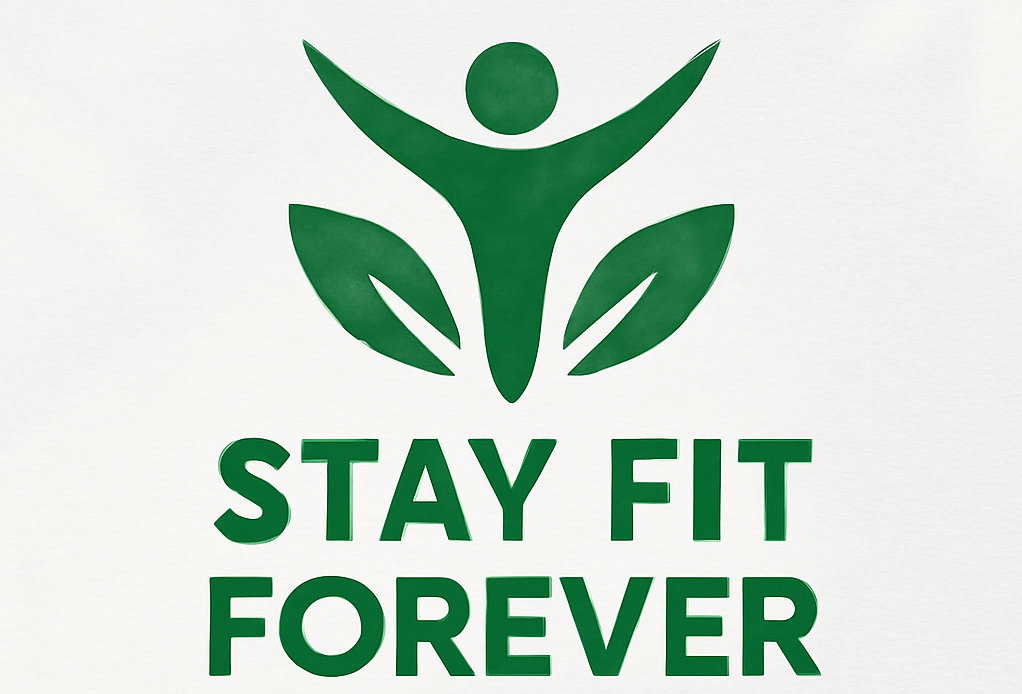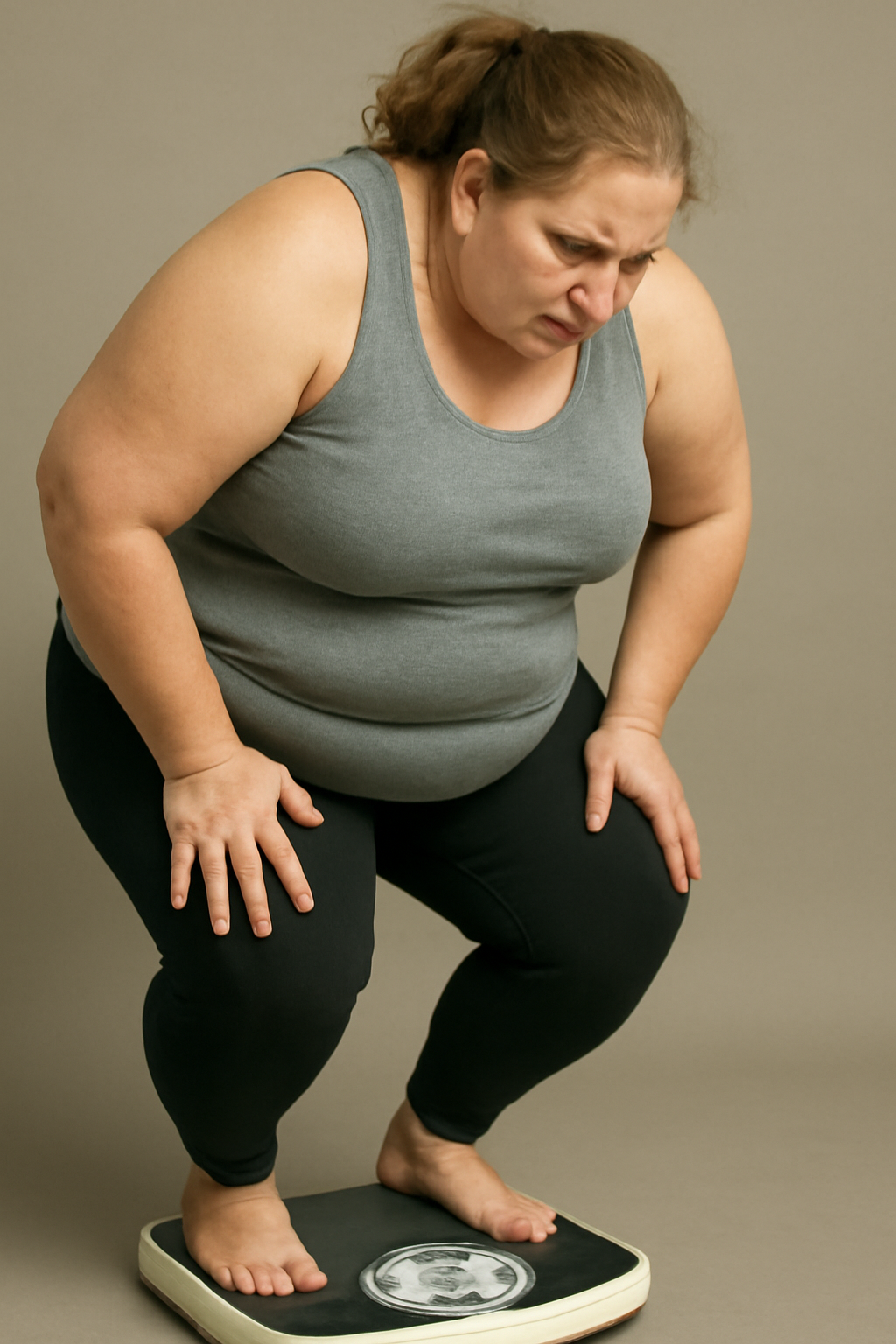Slow Down the Aging Process
Aging is a universal process that affects everyone at some point. It’s a natural phenomenon, but the effects of aging on our body and mind can vary significantly based on genetics, environmental factors, and lifestyle choices. While we can’t entirely stop aging, we can certainly influence how gracefully we age. The choices we make regarding our daily habits, including what we eat, how much we move, how we manage stress, and how we care for our health, all contribute to the speed at which we age. By incorporating certain lifestyle changes, we can slow down the signs of aging and even improve our quality of life as we get older. This article explores how healthy eating habits, regular physical activity, mental health practices, and preventive healthcare can work together to slow the aging process.
Healthy Eating Habits
Nutrition plays a key role in how our bodies age. It’s well-established that a balanced diet rich in nutrients can help keep our skin youthful, boost energy levels, improve cognitive function, and lower the risk of chronic diseases that become more prevalent with age. The foods we consume have a profound impact on oxidative stress, inflammation, and cellular damage – all of which are linked to aging. By focusing on specific nutrients, we can slow down the physical and cognitive aging process.
Antioxidants and the Role of Free Radicals
One of the main drivers of aging is the accumulation of damage caused by free radicals. These unstable molecules are produced in the body during natural metabolic processes and in response to environmental factors like pollution and UV radiation. Free radicals can damage cells, proteins, and DNA, accelerating aging and increasing the risk of diseases such as cancer, heart disease, and Alzheimer’s. Antioxidants neutralize free radicals and protect the body from their harmful effects.
Foods to Eat for Anti-Aging
- Berries: Berries such as blueberries, strawberries, and raspberries are packed with antioxidants like anthocyanins, which are known for their anti-inflammatory properties. Studies suggest that these antioxidants can help protect the skin from UV damage, reduce the appearance of wrinkles, and enhance skin elasticity. Berries also contain vitamin C, which supports collagen production, a key protein for maintaining the firmness of the skin.
- Leafy Greens: Vegetables such as spinach, kale, and Swiss chard are packed with vitamins and minerals that support the skin’s health and overall well-being. These leafy greens are rich in vitamin K, which plays a critical role in skin health and the prevention of wrinkles. They also contain beta-carotene, a precursor to vitamin A, which is crucial for cell regeneration and maintaining a youthful appearance.
- Fatty Fish: Omega-3 fatty acids, particularly EPA and DHA, found in fatty fish such as salmon, mackerel, sardines, and anchovies, are essential for reducing inflammation in the body. These healthy fats can also protect against cardiovascular diseases, improve cognitive function, and prevent skin dryness. Omega-3s are also vital for maintaining healthy joints and reducing the risk of arthritis.
- Nuts and Seeds: Nuts and seeds, especially almonds, walnuts, and flaxseeds, are rich in healthy fats, fiber, and antioxidants. These foods help nourish the skin, reduce inflammation, and maintain a healthy weight, all of which are essential for slowing down the aging process. Walnuts, for example, are an excellent source of polyunsaturated fats that help prevent age-related cognitive decline.
- Tomatoes: Rich in lycopene, tomatoes are known to protect the skin from UV damage. Lycopene has powerful antioxidant properties that help prevent premature wrinkles and fine lines by neutralizing free radicals. Additionally, the high vitamin C content in tomatoes supports collagen synthesis, enhancing skin elasticity and reducing signs of aging.
Hydration and Its Role in Aging
Proper hydration is another key factor in slowing down the aging process. As we age, our bodies become less efficient at retaining moisture, leading to dry skin, fatigue, and a decrease in the function of organs. Drinking plenty of water throughout the day helps maintain skin hydration, aids digestion, and supports overall organ function. Herbal teas, water-rich fruits, and vegetables like cucumbers and melons can also contribute to daily hydration needs.
Regular Physical Activity
Physical activity is one of the most effective ways to slow down the aging process. As we age, our bodies tend to lose muscle mass, bone density, and flexibility. Physical exercise combats these effects and helps maintain a youthful body. Regular physical activity has numerous benefits, including improving cardiovascular health, boosting cognitive function, and reducing the risk of chronic conditions such as diabetes, heart disease, and osteoporosis.
The Importance of Strength Training
Strength training, also known as resistance training, involves exercises that challenge the muscles through weight or resistance. As we age, we naturally lose muscle mass and strength in a process known as sarcopenia. This can lead to decreased mobility, balance issues, and an increased risk of falls and fractures. By incorporating strength training exercises into your routine, you can counteract muscle loss and improve muscle mass, which is essential for maintaining functional independence as we age.
Strength training exercises, such as weightlifting, resistance band exercises, and bodyweight movements like squats and push-ups, help increase bone density, maintain balance, and improve posture. They also promote fat loss and support metabolic health, making it easier to maintain a healthy weight.
Cardiovascular Health and Endurance
Cardiovascular exercises, such as walking, jogging, swimming, cycling, and dancing, are key for improving heart health and increasing overall stamina. These activities enhance blood circulation, oxygenate the muscles, and lower the risk of cardiovascular diseases such as hypertension, stroke, and coronary artery disease. Engaging in regular cardiovascular exercise can also help control blood sugar levels, reduce stress, and improve mental clarity.
For older adults, regular cardiovascular activity can be a powerful tool for maintaining optimal heart health and increasing energy levels. These exercises can be adapted to any fitness level, from walking at a moderate pace to more intense activities like running or cycling.
Flexibility and Balance Exercises
As we age, flexibility and balance tend to decline. This can lead to an increased risk of falls, joint pain, and stiffness. Activities that focus on improving flexibility and balance are essential for maintaining mobility and reducing the likelihood of injury.
Yoga, Pilates, and stretching exercises are fantastic for enhancing flexibility and balance. These practices not only improve joint health but also help maintain proper posture, which can prevent back and neck pain. Additionally, yoga and Pilates can help reduce stress and enhance mental well-being, promoting relaxation and a sense of calm.
Mental Health Practices
Aging is not just a physical process – it’s a mental and emotional journey as well. Mental health has a significant impact on how we age. Stress, anxiety, and depression can accelerate the aging process by increasing inflammation, affecting the immune system, and impairing cognitive function. Managing mental health through mindfulness, meditation, and social connections can play a major role in slowing down the aging process.
Mindfulness and Meditation
Mindfulness involves focusing on the present moment without judgment. Practicing mindfulness can reduce stress, enhance emotional regulation, and improve overall well-being. Research shows that mindfulness meditation can also slow the aging process by reducing the production of cortisol, a stress hormone that contributes to aging. It can also increase telomere length, which is associated with a lower risk of chronic diseases and longer life expectancy.
Meditation, whether through deep breathing exercises, guided imagery, or body scan techniques, can promote relaxation and reduce anxiety. It allows the brain to recharge, improving focus and concentration. Over time, regular meditation practice can lead to improved emotional resilience, better cognitive health, and a more positive outlook on aging.
The Importance of Social Connections
Staying socially active is another critical factor in maintaining mental health as we age. Loneliness and social isolation can lead to depression, anxiety, and even cognitive decline. Regular interaction with family, friends, and community groups can keep the mind sharp, reduce feelings of loneliness, and foster a sense of belonging.
Joining clubs, volunteering, or engaging in group activities such as book clubs, exercise classes, or social events can help maintain strong social ties. Maintaining these relationships not only improves mood but also enhances the cognitive function, keeping the brain active and engaged.
Preventive Healthcare
Preventive healthcare plays a vital role in slowing down the aging process by detecting early signs of potential health problems before they become serious. Routine check-ups, screenings, and vaccinations are essential to maintain long-term health and prevent the onset of chronic conditions that are common as we age.
Regular Health Check-Ups
Visiting your healthcare provider for routine check-ups allows you to monitor your health, catch any potential issues early, and make necessary adjustments to your lifestyle. Regular visits help detect chronic conditions such as hypertension, diabetes, or high cholesterol that can affect your quality of life. These conditions often have no obvious symptoms in their early stages, so regular check-ups are essential for prevention.
During check-ups, doctors can provide guidance on maintaining a healthy weight, managing stress, and making dietary changes to slow down the aging process. They can also recommend age-appropriate screenings, such as mammograms, prostate exams, and colonoscopies, which can help detect cancer in its early stages.
Vaccinations and Preventive Screenings
Staying up to date on vaccinations, such as the flu shot, pneumonia vaccine, and shingles vaccine, can help prevent serious infections that become more dangerous with age. Preventive screenings, like eye exams, hearing tests, and bone density scans, are crucial for detecting issues that might go unnoticed, such as hearing loss or osteoporosis.
As we age, the body becomes more vulnerable to certain diseases, so taking preventive measures can help mitigate health risks and maintain a high quality of life in later years.
Conclusion
While the aging process is inevitable, adopting healthy lifestyle changes can significantly slow down its effects. Eating a nutrient-rich diet, staying physically active, managing stress, and maintaining strong social connections are all vital for aging gracefully. By focusing on these key areas, we can reduce the risk of chronic diseases, improve mental and physical health, and enhance overall quality of life. The choices we make today will ultimately influence how we age tomorrow, so it’s never too early to start making positive changes for a healthier, more vibrant future.




